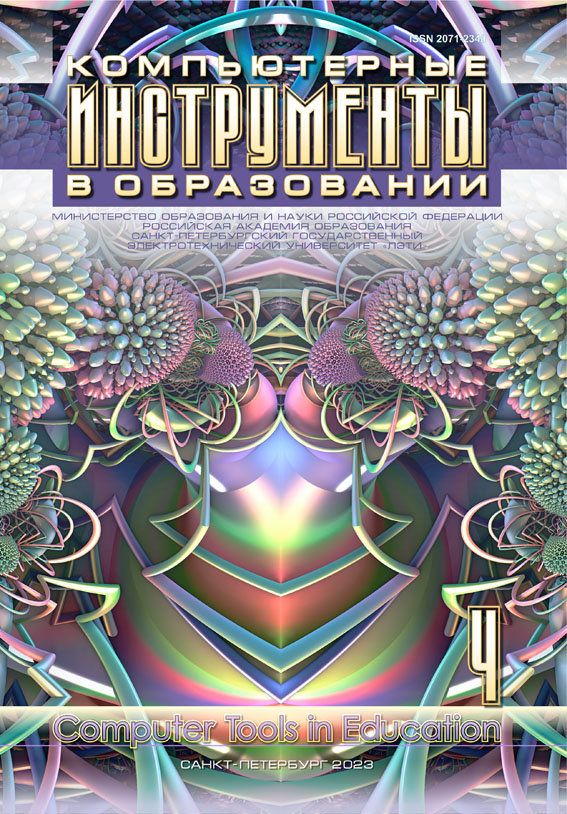Identification of Damaged Ship State During Compartments Flooding
Abstract
The article is focused on method of ship rolling processing during flooding of compartments. The main goal of such processing is in determination of the time moment, when the type of static stability diagram changes. The ship state corresponding to each of these types requires completely different methods of damage control, which is reflected in the knowledge base of the onboard intelligent system. In navigation conditions, and even more so in extreme situations, direct measurement of the stability characteristics of a marine object is impossible, so their indirect determination is required. The article presents the implementation of the procedural component of an on-board intelligent system based on an artificial neural network.
References
Справочник по теории корабля / Дробленков, Ермолаев, Муру, Крылов, Кузнецов, под ред. Дробленкова В. Ф. М.: Воениздат, 1984. 589 с.
Nechaev Y., Degtyarev A. Account of peculiarities of ship's non-linear dynamics in seaworthiness estimation in real-time intelligence systems // Proceedings of the International conference STAB'2000 — Launceston, Tasmania, Australia, — 2000. — Vol. 2, — P. 688-701.
Nechaev Y., Degtyarev A., Boukhanovsky A. Complex Situations Simulation when Testing Intelligence System Knowledge Base // Lecture Notes in Computer Science, 2001. — Vol. 2073, — P. 453-462
Nechaev Y., Degtyarev A., Kiryukhin I. Complex Situation Recognition on the Basis of Neural Networks in Shipboard Intelligence System // Lecture Notes in Computer Science, 2002. — Vol. 2331, — P. 564-573.
NechaevYu.I., Degtyarev A.B., Boukhanovsky A.V. Cognitive Computer Graphics for Information Interpretation in Real Time Intelligence Systems // Lecture Notes in Computer Science, 2002. — Vol. 2329, — P. 683-692
Николенко С., Кадурин А., Архангельская Е. Глубокое обучение. Погружение в мир нейронных сетей. СПб.: Питер, 2018. 480 с.
Гудфеллоу Я., Бенджио И., Курвилль А. Глубокое обучение / пер. с анг. Слинкина А. А. – 2 изд., испр. – М.: ДМК Пресс, 2018. 652 с.
Grabusts P., Zorins A. The Influence of Hidden Neurons Factor on Neural Network Training Quality Assurance // Proceedings of the 10th International Scientific and Practical Conference, 2015, vol. 3, pp. 76-81.
Degtyarev A. New Approach to Wave Weather Scenarios Modeling. //Fluid Mechanics and its Applications, v.97, 2011, pp.599-617
Давидан И.Н., Лопатухин Л.И., Рожков В.А. Ветровое волнение как вероятностный гидродинамический процесс. Л.:Гидрометеоиздат, 1978

This work is licensed under a Creative Commons Attribution 4.0 International License.







